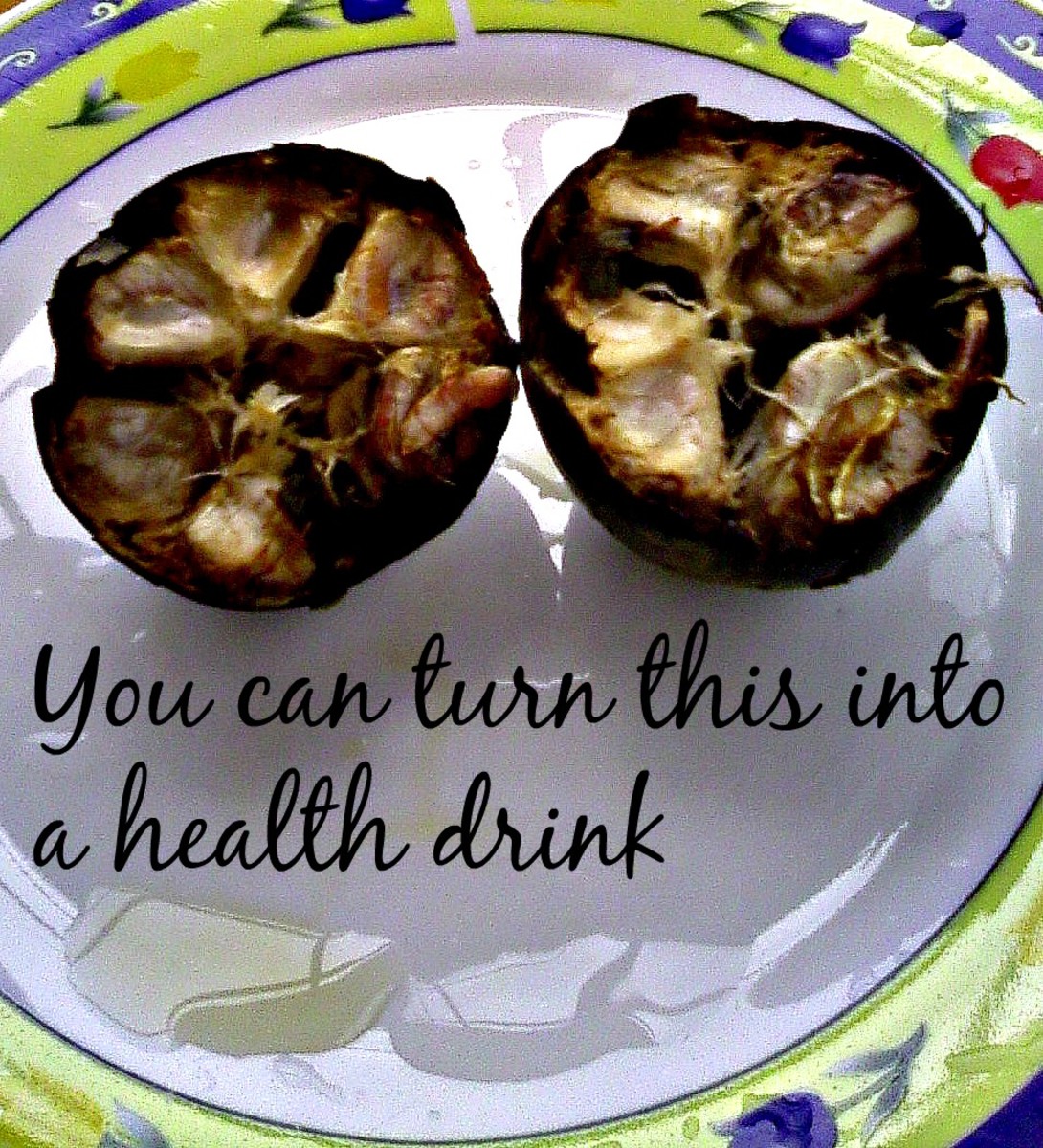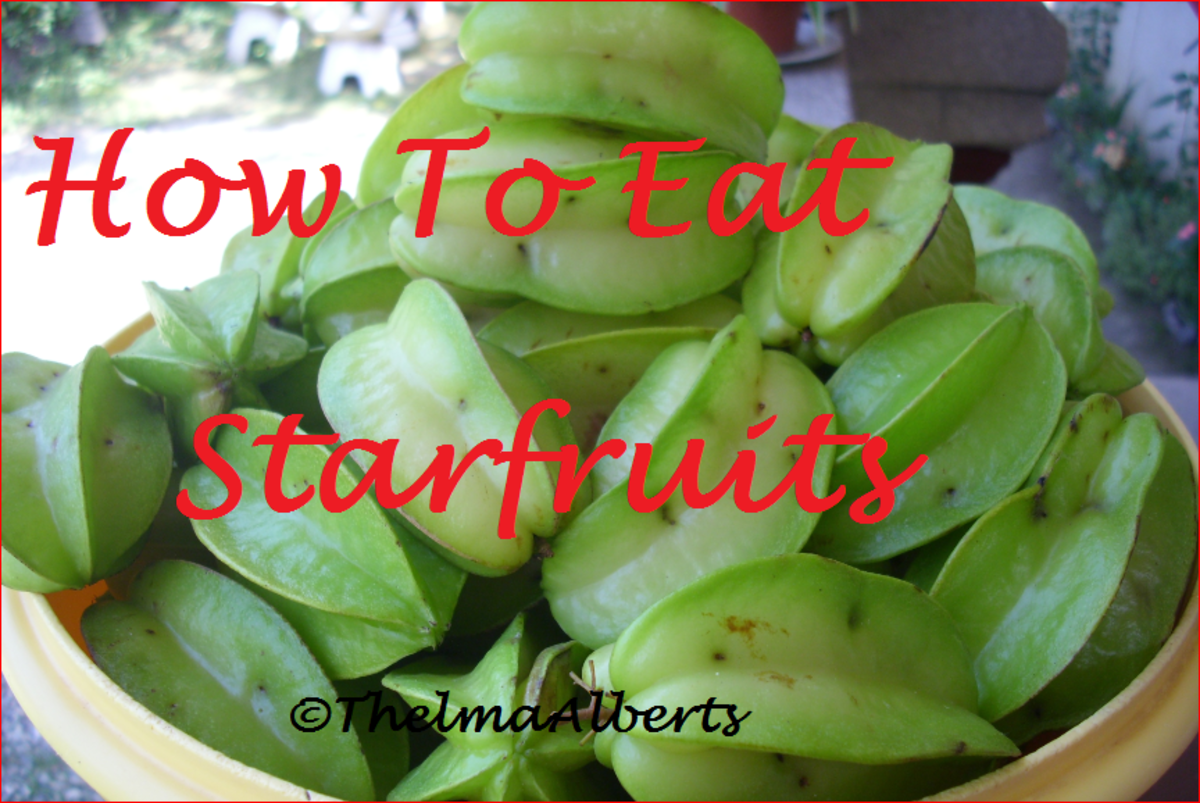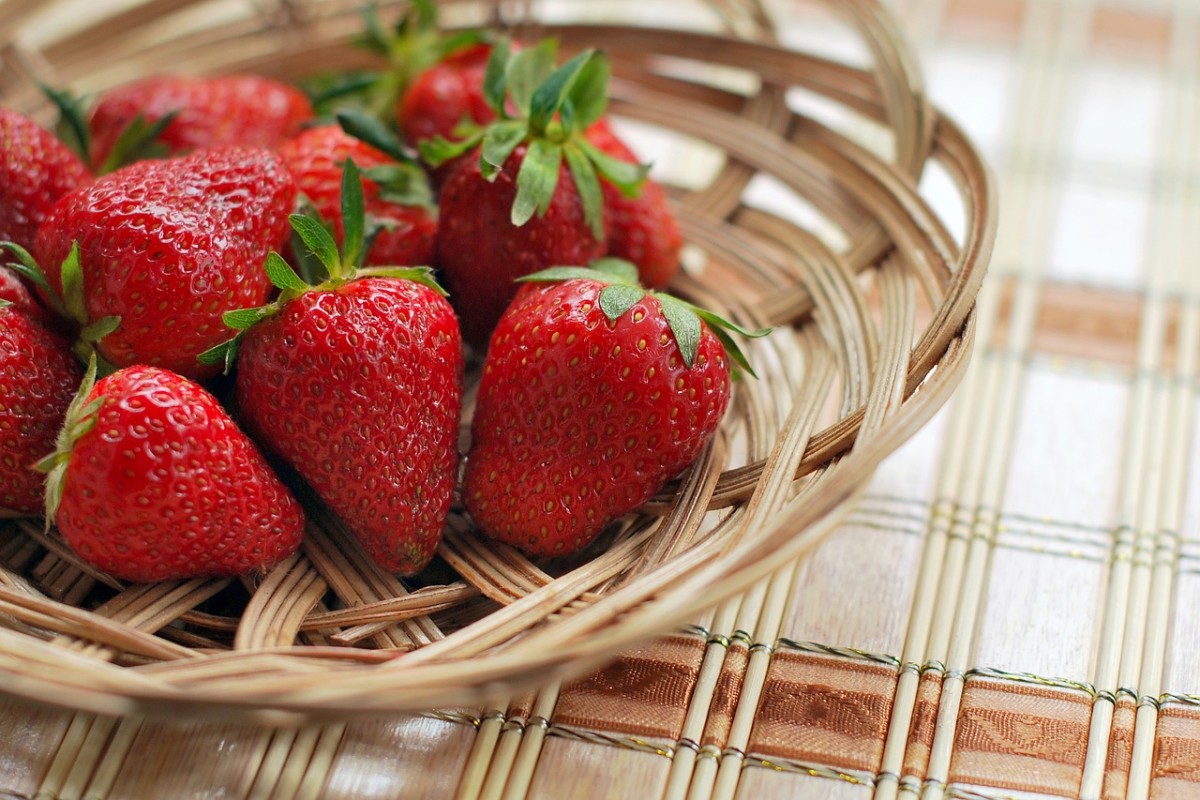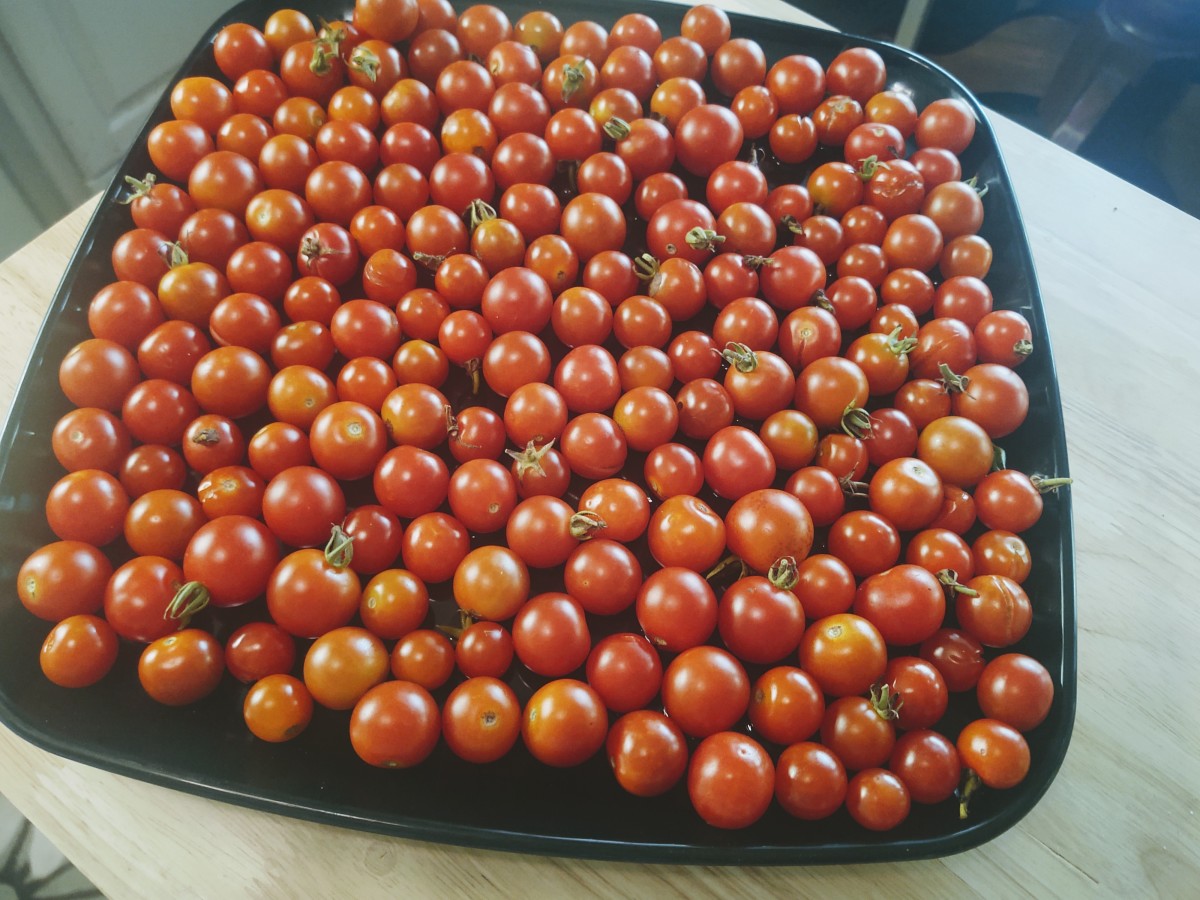Grafted to Him for a Purpose
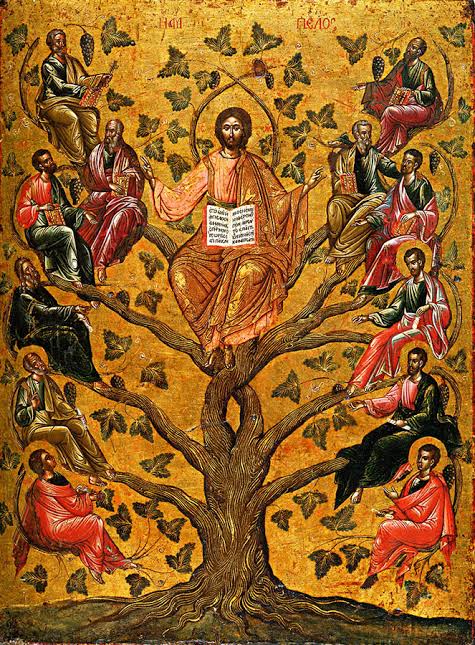
Grafting is a common horticulture technique. It is an efficient method of propagation that produces offspring genetically identical to the original plant. By grafting different plants to each other, the chimeric individual acquired desirable properties from both plants. The first uses for grafting were likely to propagate desirable and good fruits.
Grafting typically involves joining together parts of two plants to function as a single plant. One of the plants provides the lower trunk and root system. It is called the stock or rootstock. The root of the stock provide water and minerals to the scion to produce food.
The other plant provides the upper portion (stems, leaves, flowers and fruit) that has the desirable characteristics (beautiful flowers or good fruits) called the scion. The scion projects into good fruits the minerals and desirable goodies provided by the trunk.
Thus we can say that the good fruits are produced by the grace of the trunk working in the scion. The success of the grafting is based on the good that is done by the scion. The judgment for the continuation or destruction of the grafted plant rest on productivity. This same process in plant grafting can be applied to spiritual grafting in Christ.
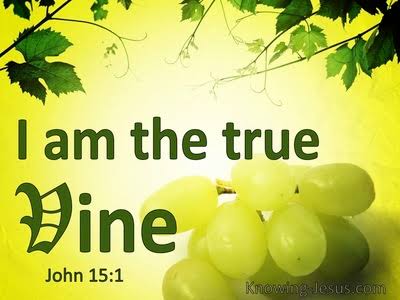
For the followers of Jesus Christ discipleship involves a life in which good works are practiced with his grace. In Mt 25:31-46 the final judgment depends on what each of those being judged has done or left undone. The epistle of Paul in which justification comes by faith have God judge according to works (Gal 6:7-8; Rom 2:6). The Epistle of James (2:17), perhaps written as a corrective against a caricature of Paul’s teaching says that faith without works is dead.
However, one of the most striking presentations of the role of good works in Christian life is found in the gospel according to John. There such works appear in a way that should elicit assent from Christians who disagree among themselves about merit. Jesus was so clear and distinct in his presentation of this subject.
This is presented in the discourse connected with the final meal Jesus celebrated with those closest to him before he suffered and died. He speaks of a union of vine and branches that are pruned to produce much fruit (Jn 15:2). Through this image the gospel has Jesus convey a message about discipleship and good works.
“I am the vine and my Father is the vine grower. Any of my branches that does not bear fruit, he breaks it off; and every branch that does bear fruit he prunes, that it may bear even more fruit. I am the vine and you are the branches. As long as you remain in me and I in you, you bear much fruit; but apart from me you can do nothing.” (John 15:1-2,5)
By the grace of salvation, we have been grafted to Christ who is the true vine. We are redeemed to be good for something. We are not saved to be “good for nothing”. Our grafting to the vine is meant for a purpose that is good. This we should not forget for it is essential for remaining united to the vine.
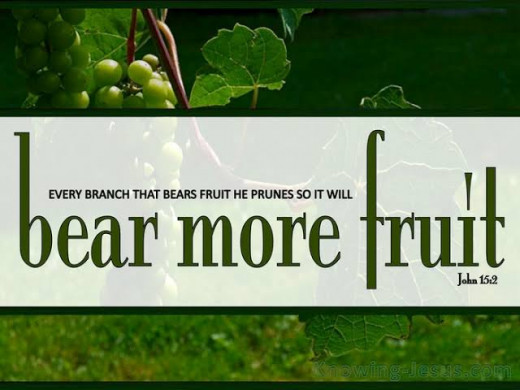
Jesus is the true vine and his followers are the branches. His father is the gardener who both cuts off every branch that does not bear fruit and prunes those which do so that they may be more fruitful yet (Jn 15:1-3). The branches must remain on the vine and receive their life from it. Earlier in this same gospel (Jn 6:48-51), Jesus spoke of himself as nourishment coming to human beings from above or without. Now life comes to disciples from within and this in the closest of union.
That union involves prayer that is effective if and when the memory of Jesus and his words abides in the disciple (Jn 15:7). But it is as well a union leading to productivity on the part of the branches which bear fruit. Indeed in the bearing of abundant fruit by the branches united to the vine, God is glorified (Jn 15:8). Finally that union means that disciples abide in the love of Jesus with the readiness to obey. They are to keep his commandments as he kept those of the father and abided in the father’s love.
There is no space for inactivity or unproductivity. The requirement for maintaining the privilege place of abode is fruitfulness. Any branch that does not bear fruit is separated from the vine (Jn 15:2). This is so because the branch shares in the life and nourishment of the vine and the fatherly care of the vine dresser who prunes, manures and care for the vine and the branches (Jn 15:1-2). Thus there is no excuse for unproductivity.
Cut off from me and you can do nothing (Jn 15:5). Christ Jesus continues to exert an influence on those who have been justified as the vine on the branches. That influence never fails to precede, accompany, and follow every good work performed by disciples. Without it there is no way that such works can be pleasing to God. The unction to function, the needed nourishment to produce good fruits comes solely from the vine, thus the branch cannot do anything worthwhile without the vine.
Christians should not forget that they are grafted to Christ for a purpose. This purpose should not be defeated in their lives, for if defeated, they may share in the defeat and lose their budding to the true vine.
- He Has Prayed for You to the Father: Christian Existence in the World
The world is a necessary constituent of Christian existence; no world, no existence. The concept of Christianity only makes sense in the world. Outside the world, the idea of Christianity is not meaningful. The understanding of the self as Christian

